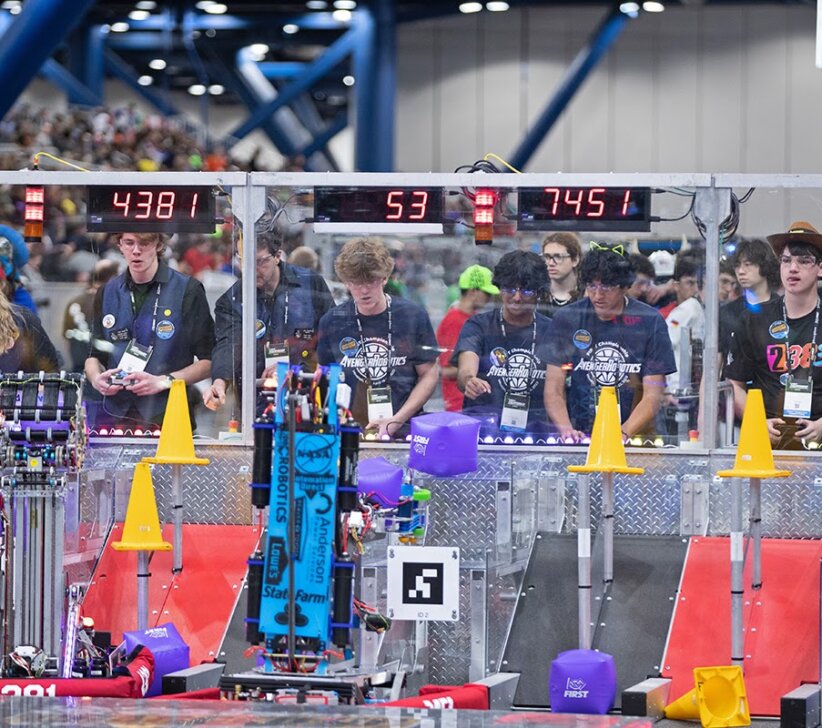As summer winds down and parents commence the back-to-school season rituals — shopping for clothes and supplies, reinforcing schedules and syncing the family calendar — thoughts often migrate to one of the more anxiety-producing aspects of the school year: homework.
Homework Time
Westchester parents, no strangers to today’s high-stakes climate of testing and evolving state curricula standards, are well aware of the controversy over homework. These days, even kindergarteners are getting their share, and by high school, many students face hours of nightly work and study, often on top of extracurricular practices, games and rehearsals — not to mention time for socializing with friends and family. How can kids balance it all? And how can parents know how, when and if to help?
According to the National Education Association, the National PTA and other organizations devoted to children’s education, the general rule for reasonable homework expectations is 10 minutes per grade level (first graders, 10 minutes per night; second graders, 20 minutes, etc.). If your child’s nightly homework falls far beyond these parameters, it’s probably a good idea to have a conversation with the teacher.
Should Parents Help?
Once expectations on the amount of homework are clear, how can parents know whether to help kids struggling with an assignment? As with many other child-centered issues, there are a few schools of thought on parental homework assistance. With the trends of “helicopter parenting” (so named for the over involved) and Tiger moms having reached their zenith, a new ideology has sprung up in favor of a cooler style of child rearing. In The Broken Compass: Parental Involvement With Children’s Education (Harvard University Press, 2013) two sociology professors, Keith Robinson of the University of Texas at Austin, and Angel L. Harris of Duke University, claim through rigorous and expansive investigation that there is no proof of a connection between parental involvement and children’s academic performance.
In an April New York Times opinion piece, the professors wrote that “… most forms of parental involvement … actually hinder” student success. An article in The Atlantic magazine supporting the study’s claims generated a blizzard of social media debate on the topic. In response, developmental psychologist Marilyn Price-Mitchell, Ph.D., questioned the study and its definitions of “parental involvement” and “success,” writing in Psychology Today: “The goal for any kind of parental involvement must be to improve learning, not test scores. When parents help facilitate learning, children thrive in school. When they try to improve children’s test scores, the results are less optimal.”
Kim Coaxum, a Larchmont mother of two, says she is a believer in homework but stresses that the quality of the work is critical. “There is meaningful homework and just busywork, and teachers need to have some creativity in what they assign to kids,” she says. “Sheet after sheet of the same thing is not good reinforcement.”
When it comes to helping her daughter Quinn with elementary-level homework, Coaxum says, “I used to help, but now I try to be a lot more hands off. She calls me only when she needs me.”
Nicole Mangum, a 17-year teaching veteran who works in the Greenburgh Central School District and lives in Hartsdale, says that, like Coaxum, most parents are highly motivated to support their children’s learning experience. “Overall, I find that parents are very eager and concerned about doing the ‘right thing,’” she says. “An important part of supporting your child is having an understanding that there is a process involved in developing good homework habits.”
If You’re Not Available
The anxiety and even outrage over Common Core standards reveal how overwhelmed many parents are feeling about their children’s academic opportunities and the general pressures that some parents are facing. With more single-parent households and more moms than ever working outside of the home, even parents who desire to help their kids with homework may not have the time or resources to do so. But families are not without recourse. There are several free educational resources available online through the National PTA (pta.org/parents), the New York State Education Department (usny.nysed.gov/parents) and the U.S. Department of Education (ed.gov) that can help kids get through homework and also provide curriculum guidelines per grade level, at-home activities that can bolster classroom work and help in planning for college.
Locally, a number of learning facilities with several locations offer assistance (at a cost) in the form of tutoring and homework help, including Huntington and Sylvan Learning Center, Mathnasium and Kumon. Private and small-group tutoring, long a popular option among many New York families, now offer a wide range of educational support. Programs such as Bespoke Education in Irvington offer help with everything from homework to essay writing and editing to organization, study skills and test prep and feature well-educated tutors and staff.
Working Together
For teachers and parents to work together to optimize student success with homework, Mangum, who teaches kindergarten and first grade and is also a mother of two, says: “Parents can support class instruction by consistently prioritizing homework at home. This means having a structured homework time in an organized homework space. Also, have faith in your child. Understand that although an assignment might be challenging and the load intense, support him or her through the process with the expectation that your child will complete the assignments successfully.” She also stresses communication between parent and teacher and adds that reciprocal understanding between the two is key, noting that teachers should also be willing to bend deadlines in certain situations.
Terri Prettyman Bowles is an editor, writer and content producer based in New Rochelle.
4 Tips from a Pro
Nicole Mangum, a teacher in the Greenburgh Central School District, offers a few helpful homework pointers for parents.
1. Take cues from your children to know when to step in and when to lean back: “If you are uncomfortable with how the homework is completed, send the teacher an email or note and let the teacher clarify with your child.”
2. Prioritize: “As parents and children, we cannot do it all.”
3. Minimize media: “Without TV or technology, [you are] not competing with external non-educational distractions. The only exception to this is if the technology is used for a school assignment or to access an educational website.”
4. Set clear boundaries and expectations: “As parents, we must trust ourselves and do what feels right. We have more knowledge than we know.”








